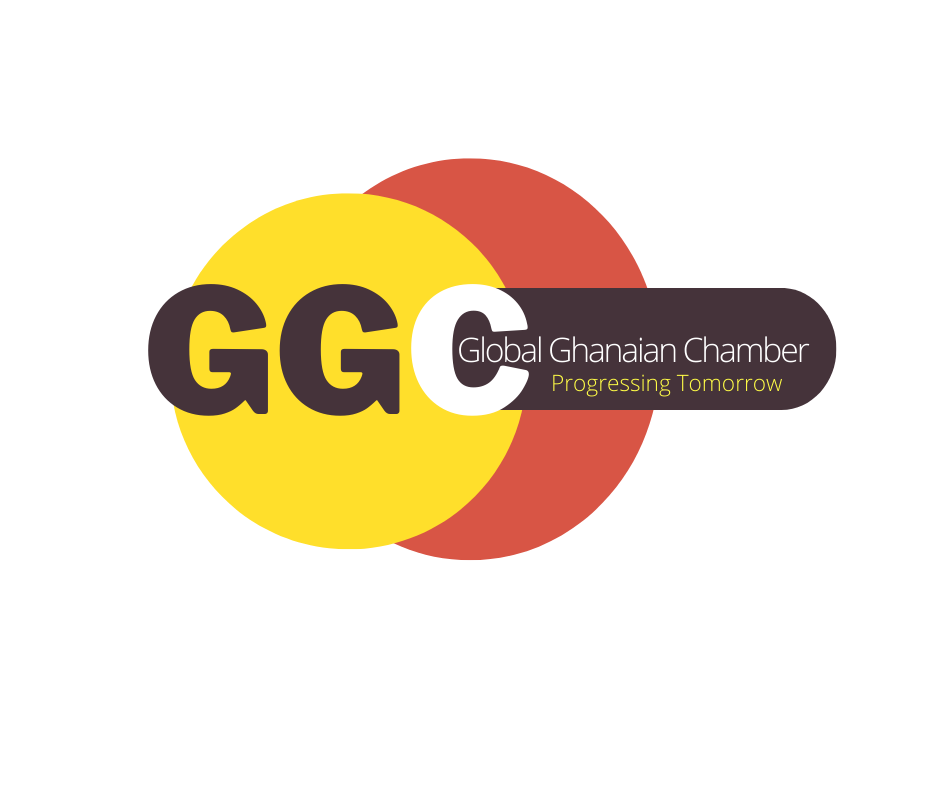
In an era marked by interconnectedness and rapid globalization, the idea of global leadership has become a popular aspiration for many nations and organizations. The concept suggests a world where countries collaborate seamlessly, solving pressing issues and driving progress for humanity as a whole. However, upon closer examination, it becomes clear that the notion of achieving true global leadership is more of an idealistic dream than a realistic goal.
Global Ghanaian Chamber (GGC) Progressing Tomorrow is at the forefront of advocating for global cooperation among Ghanaian businesses and industries. While the chamber’s efforts are commendable, it’s essential to recognize the inherent challenges in achieving global leadership.
Firstly, the world is characterized by diverse cultures, interests, and priorities. What may be a priority for one nation or group may not necessarily align with the interests of others. This misalignment often leads to conflicts of interest and hinders collaboration on a global scale. Additionally, geopolitical tensions, historical rivalries, and economic disparities further complicate efforts to foster global leadership.
Moreover, the global landscape is marked by power dynamics that often favor a select few nations or organizations. The notion of leadership implies influence and authority, yet the current international system is far from equitable. Power imbalances, entrenched institutions, and vested interests create barriers for emerging economies and smaller nations to assert themselves on the global stage.
Furthermore, the rise of nationalism and protectionism in recent years has challenged the idea of global cooperation. Many countries prioritize their national interests over collective action, leading to fractured alliances and weakened multilateral institutions. This inward-looking approach impedes progress on shared challenges such as climate change, pandemics, and economic inequality.
In the business world, achieving global leadership is equally challenging. While companies aspire to expand their reach and influence internationally, they often face barriers such as regulatory complexities, cultural differences, and intense competition. The notion of a single global market is idealistic, as each region has its own unique dynamics and challenges that must be navigated.
Despite these challenges, there are avenues for collaboration and progress. Initiatives like the United Nations, World Trade Organization, and international treaties provide frameworks for addressing global issues. Similarly, organizations like GGC play a vital role in fostering connections and facilitating trade across borders. However, it’s essential to temper expectations and acknowledge the limitations of such efforts.
Rather than aiming for an unattainable ideal of global leadership, a more pragmatic approach involves focusing on areas where meaningful progress can be made. This might include regional partnerships, targeted initiatives, and leveraging technology to address specific challenges. By embracing diversity, fostering dialogue, and prioritizing cooperation over competition, nations and organizations can work towards a more sustainable and inclusive global future.
In conclusion, while the idea of global leadership is appealing, it remains an unrealistic dream in today’s complex and interconnected world. Achieving true global cooperation requires overcoming significant challenges, including cultural differences, power imbalances, and geopolitical tensions. However, by acknowledging these realities and adopting a pragmatic approach, we can make meaningful strides towards a more collaborative and prosperous world.





